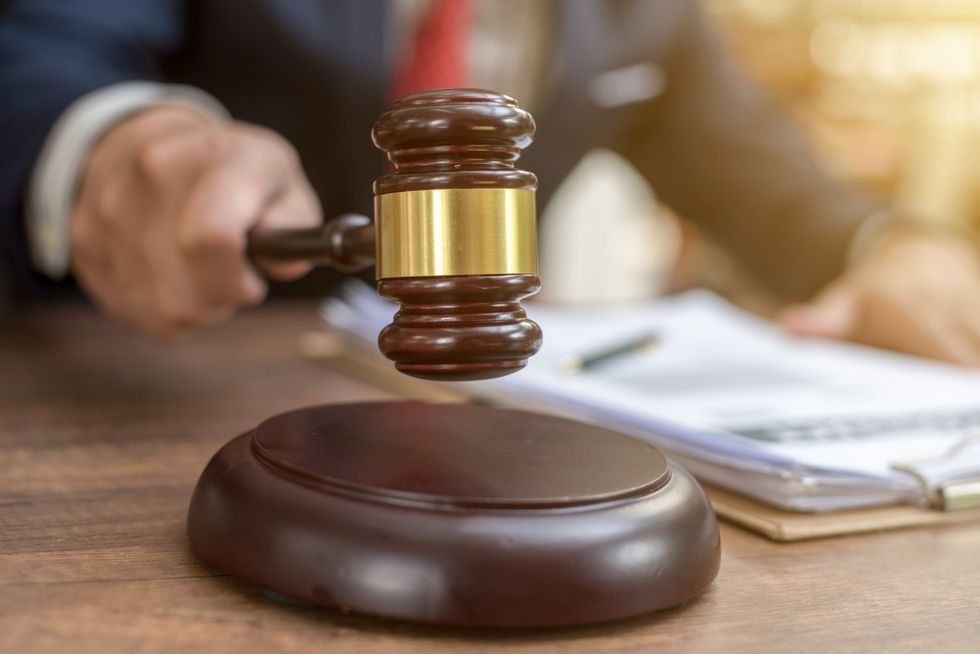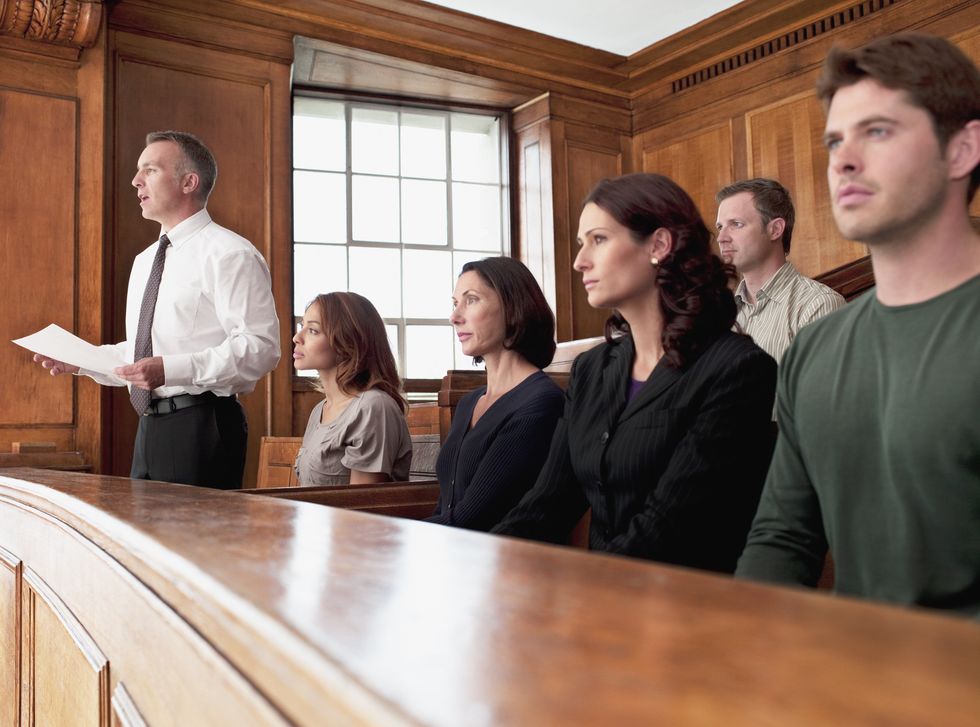



Holyrood is preparing to vote to abolish a 400-year-old verdict that could alter Scotland's law going forwards.
MSPs will hear the third reading of the Victims, Witnesses and Justice Reform (Scotland) Bill today before voting on its adoption later this evening.
If passed, it would abolish the controversial not proven verdict which acquits the accused but stops short of complete admonishment with a not guilty verdict.
The ambiguous verdict is unique to Scotland and has gradually drawn mounting criticism since being considered a key factor in Scotland’s low conviction rate in rape and sexual assault cases.
Recent applications of the not proven verdict arose in Scottish TV presenter John Leslie’s 2018 sexual assault case and in Alex Salmond’s trial for 14 charges of sexual assault.
The former first minster was found not guilty on 13 counts, a jury handed a not proven verdict for one charge of sexual assault with intent to rape.
Not Proven originates from procedural changes in the Scottish legal system following the Restoration in the early 17th Century, when juries began issuing special verdicts and passing the buck to the judge for the final inference of guilt or innocence.
Most notably, during the 1828 trial of infamous Edinburgh bodysnatchers Burke and Hare, William Burke’s girlfriend Helen McDougal was delivered a not proven verdict for her part in the serial killings that fed bloodthirsty surgeon Robert Knox with a steady supply of fresh corpses.

The controversial not proven verdict which acquits the accused but stops short of complete admonishment with a not guilty verdict
|GETTY
In addition to abolishing the not proven verdict, the Victims, Witnesses and Justice Reform Bill sets out plans for a brand new specialist court to hear sexual assault and rape cases with the intent of minimising victim re-traumatisation.
A proposal for a jury-less trial pilot met heated condemnation from the legal community and was subsequently dropped in 2024 but juries will still be reformed to increase in size and change the verdict requirements from a simple majority to two thirds to boost assurances of returned verdicts.
The Scottish Government says the change will “increase confidence that verdicts are returned on a sound, rational basis while ensuring balance and fairness to all parties”.
Further reforms include providing the automatic right to lifelong anonymity for victims of sexual assault and allowing parole boards to take into account whether prisoners are withholding information relating to the location of victims’ remains.

A proposal for a jury-less trial pilot met heated condemnation from the legal community
|GETTY
Justice Secretary Angela Constance refers to the legislation as “an ambitious programme of transformation, informed at every step by the voices of victims themselves”.
Referring to the significant package of proposal reforms, Angela Constance said: “Key reforms include abolishing Scotland’s historic not proven verdict for a clearer, fairer and more transparent decision-making process.
“There will also be wholesale reform to the management of sexual offence cases as we know these victims in particular, who are mostly women and girls, can be re-traumatised by the current system.”
The SNP continue to govern with a minority but by adopting amendment proposals from across the chamber, Ms Constance hopes the wider parliament will support new legislation “shaped by the voices of victims, survivors and their families who have campaigned long and hard for further change.”.
Scottish Tory shadow justice secretary Liam Kerr MSP said the Scottish Government “must go further” to ensure ministers are not “selling victims short”.
His party has sought to amend the bill to make space for a Scottish grooming gang inquiry and to inform victims if an accused attacker is not prosecuted or a plea deal is struck.
Ms Constance pushed back in a reply issued on Tuesday, hailing the work of the National Child Sexual Abuse and Exploitation Strategic Group and uncompelled by the thought of “unnecessary delay” and “ineffective duplication.”
MSPs are expected to debate through the evening before voting on the Victims, Witnesses and Justice Reform Bill at 10pm.
